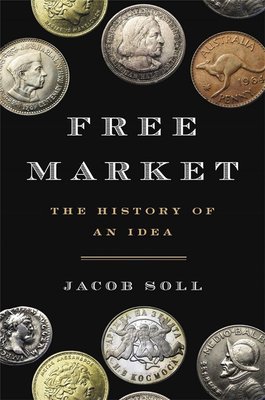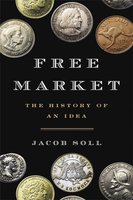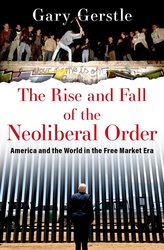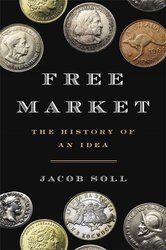Inflation Does More Than Raise Prices. It Destroys Governments.
“One can usually pretend that there is a logic to the distribution of wealth — that behind a person’s prosperity lies some rational basis, whether it is that person’s hard work, skill and farsightedness or some ancestor’s,” writes J. Bradford DeLong. “Inflation — even moderate inflation — strips the mask.”
DeLong is an economic historian at the University of California, Berkeley, a former deputy assistant secretary of the Treasury and the author of “Slouching Towards Utopia” — a new book about the wave of economic growth that transformed the world in the 20th century. In it, he argues, among other things, that inflation isn’t just economically damaging; it’s one of the most destabilizing, destructive forces in all of politics. Left unchecked, it has the power to swing elections, erode the foundations of core social institutions and usher in wholesale changes in political and economic regimes.
[You can listen to this episode of “The Ezra Klein Show” on Apple, Spotify, Amazon Music, Google or wherever you get your podcasts.]
That’s exactly what happened the last time inflation was this high. In DeLong’s telling, the inflation crisis of the 1970s was weaponized to discredit the reigning New Deal economic order and helped give rise to the small government, pro-market political turn of the 1980s — the consequences of which we are living with today. So I wanted to have DeLong on the show to walk me through that story and some of the questions it raises: Why is inflation is so uniquely politically destructive? What are the right — and wrong — lessons to take from the experience of the 1970s? What kinds of political transformations could today’s inflation could bring about?
We also discuss why inflation spiraled out of control in the 1970s (and whether it could have been stopped sooner), the efficacy of price controls as a way of taming inflation, why DeLong believes it’s a mistake to take the 1970s comparisons too literally, how unchecked inflation can decimate social trust, how economic thinking became obsessed with “moochers” and “slackers” in the 1980s and ’90s, whether the 2007-08 financial crisis brought an end to the neoliberal era, what DeLong would say to his younger self serving in the early Clinton administration and more.





